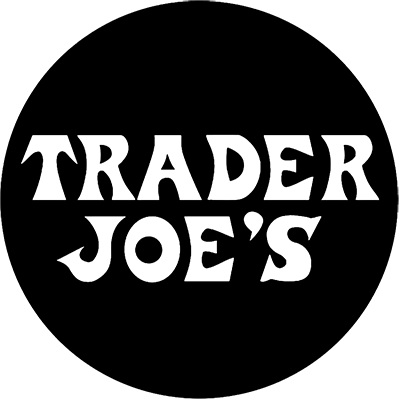Tags
#Budget
Spend your advertising budget only on your most popular product
When Jobs returned to Apple, he consolidated the advertising budget into one single budget where only the most popular products would receive ad dollars. By limiting the number of products promoted, heavily promoted products indirectly drove sales for Apple's other products. So when customers came into stores looking for the iPod, they were also exposed to iMacs as well.
Grow strong, not fat
In the late 80s, Patagonia was growing fast—50% a year fast. They started opening more locations and increasing their inventory production. But after the 1991 recession, dealers started cancelling orders and inventory began to build. Patagonia now had too many people with too little work being overseen by too many layers of management. With an inflated product line, they also had neglected to take into account the cost of having to design, produce, warehouse, and catalog all these products.
After almost losing the business because of this, Founder Yvon Chouinard decided to change their growth mindset from growing fat to growing strong. Patagonia began looking at their business as if they were going to be around for the next 100 years having to take responsibility for the decisions they made today.
As a result, Patagonia stopped looking at quarterly earnings and setting yearly growth projections. "One year we will grow 3% another year we will grow 20%," Yvon explains—and he is okay with that. Patagonia now chooses to wait for the customer to tell them how much product to make. Slow or no growth just means that profits have to come from "being more efficient with operations and living within [brand's] means."
Patagonia also now knows exactly how many people they need to hire if they want to add just one product to their line.
Spend money on improving quality, not advertising
As Yvon Chouinard writes: "Our charter is to inspire and educate rather than to promote...We don't force our growth by stepping out of the specialty outdoor market and trying to be who we aren't. We would rather earn credibility than buy it."
With an advertising budget of .05% of sales, Patagonia says no to advertising with businesses like Vanity Fair and GQ, and also doesn't create fancy press kits or host elaborate press parties. Patagonia has found that the most effective ways to get their message out is through customer word-of-mouth and genuine (unpaid) favorable attention from the press.
Align your budgeting model to your values
Instead of corporate budgeting, Trader Joe's leaves setting targets, planning, and forecasting up to each individual store. This decentralized approach reinforces two of the brand's values:
- KAIZN: This means everybody in the company owes everybody else a better job every day, every year in what they do. So all that corporate expects is that each store do a little better than the previous year.
- We're a national chain of neighborhood grocery stores: Stores are treated as their own entity allowing managers to focus on doing what's right for its neighborhood and customers, rather than focusing on corporate goals.


